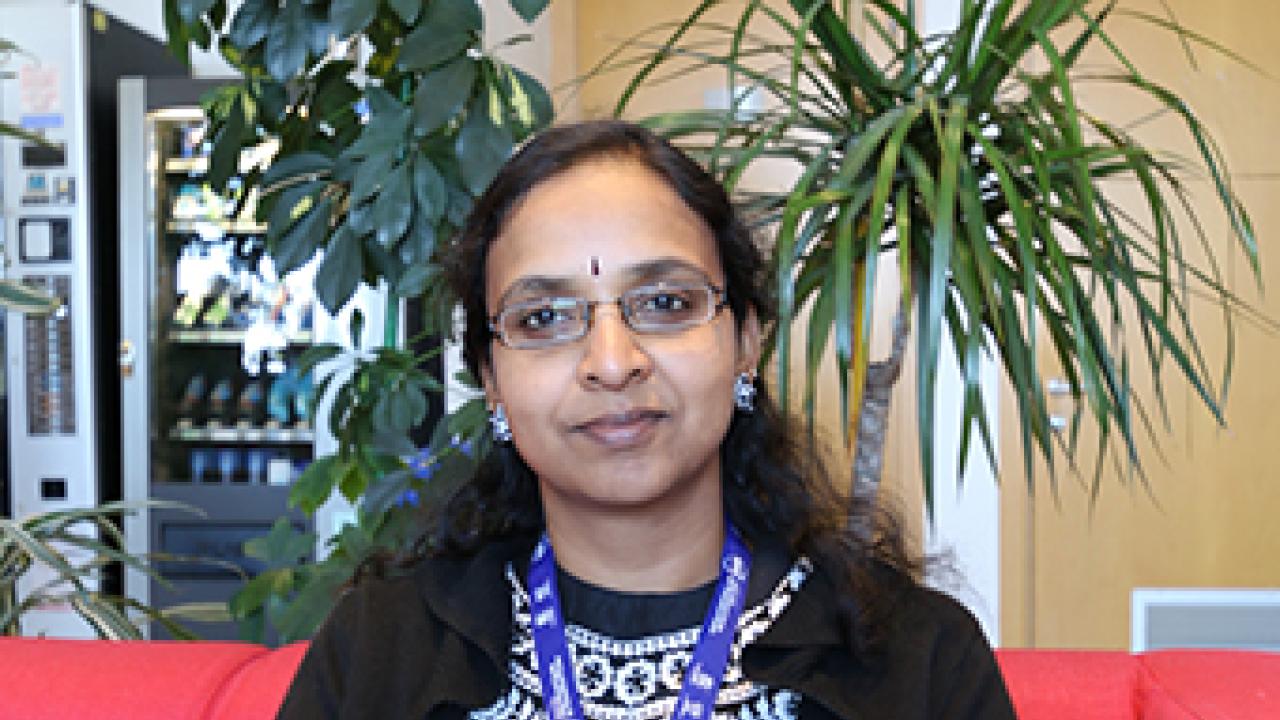
From monitoring air pollution to prioritizing patient care at rural health clinics, IoT has great potential to tackle problems of particular concern to developing countries. ICTP was quick to see IoT’s benefits for sustainable development, and has shared its know-how of the technology and its applications through international workshops, the most recent of which took place in March 2016 in Trieste.
These scientific outreach activities have already led to a great success story in Rwanda, where ICTP ran an IoT workshop last year--the first of its kind in East Africa. The University of Rwanda, where the workshop was held, has just been awarded a multi-million euro grant by the World Bank to develop a regional center of excellence for IoT.
For Santhi Kumaran, Dean of the School of Information and Communication Technology at the University of Rwanda and a member of the team that drafted the World Bank proposal, the 2015 IoT workshop was a great inspiration. “It was the first kind of practical approach to IoT we had seen; until then we had only talked theory,” she says, alluding to the hands-on, practical exercises performed by the participants. Kumaran and her colleagues were so captivated by the possibilities of IoT that they applied for and won the World Bank grant. “IoT is a technology that is going to address many of the development challenges which African countries are facing,” explains Kumaran.
To meet those challenges, the proposed regional center will offer masters and doctoral programs teaching the mixed technologies that make up IoT. “We will have two masters tracks—embedded computing systems and wireless sensor networking—and a PhD in combined areas of computing and energy efficiency, and hardware and software,” says Kumaran. She adds that students will be required to use IoT to solve real-life problems in the field.
Kumaran, who will be the IoT centre’s acting director when it opens later this year, outlines its ambitious five-year strategy: to produce 120 masters graduates and 14 PhDs (with an additional 12 doctoral students in progress). “The whole concept behind the center is to develop the skilled personal capacity in the east and south African region,” she explains.
















